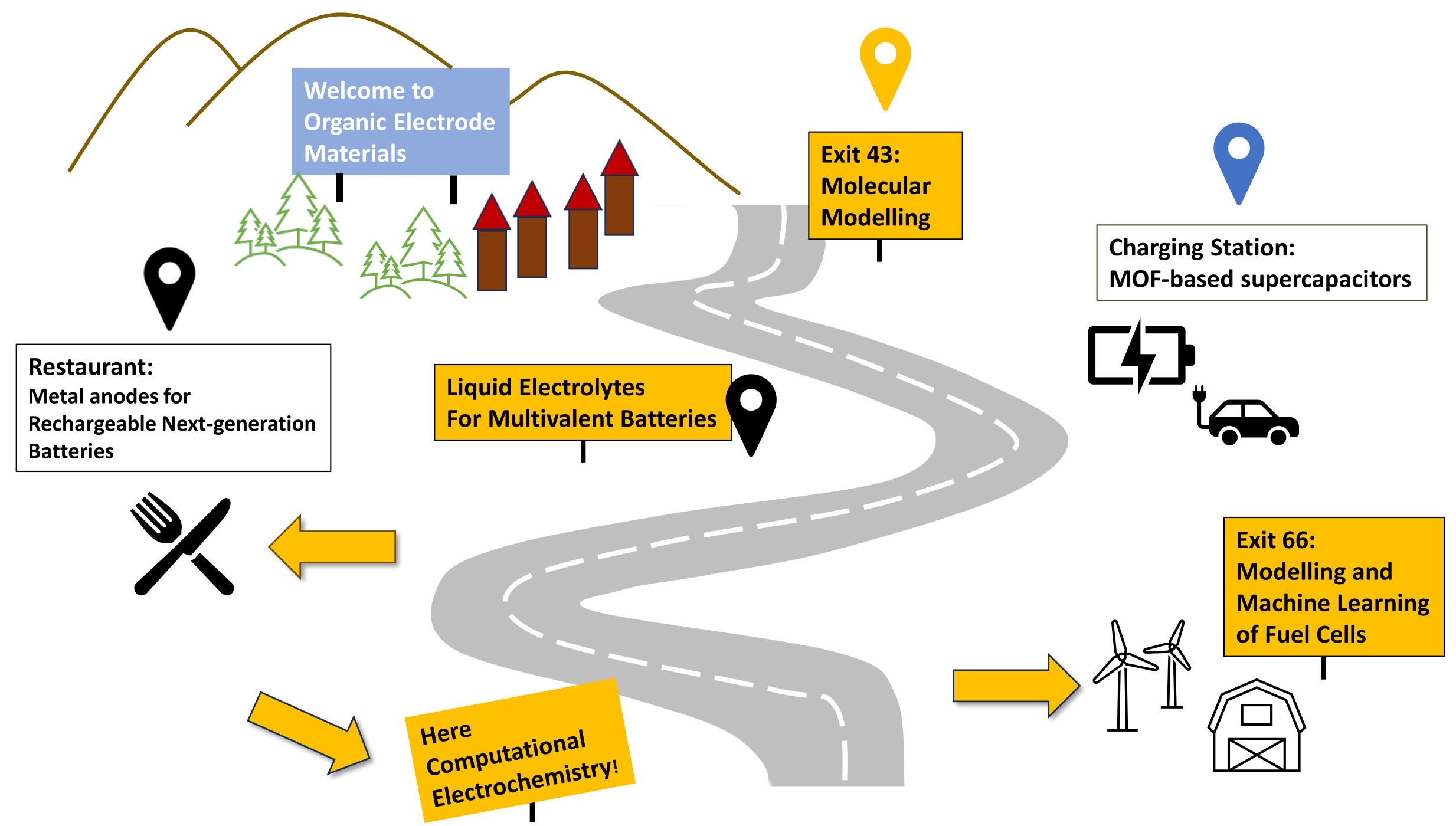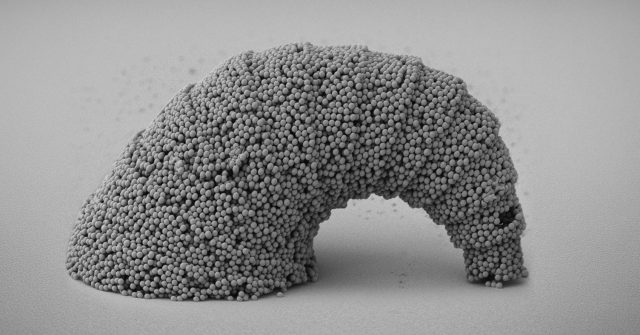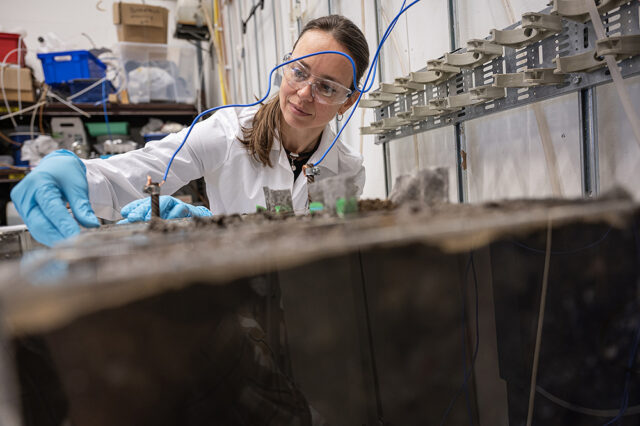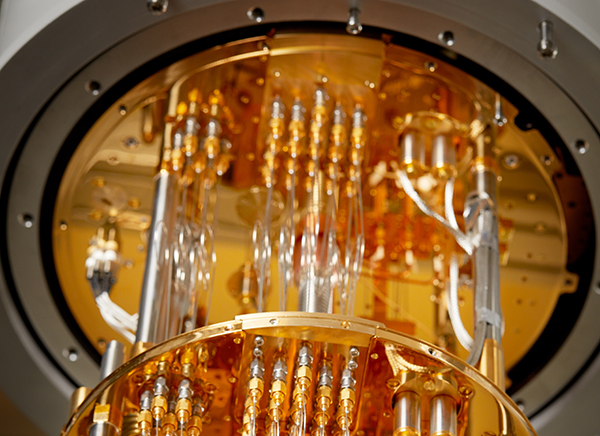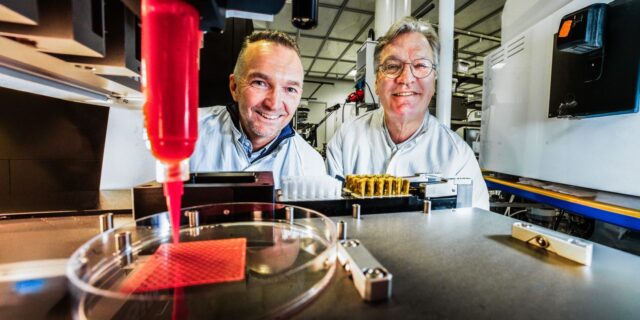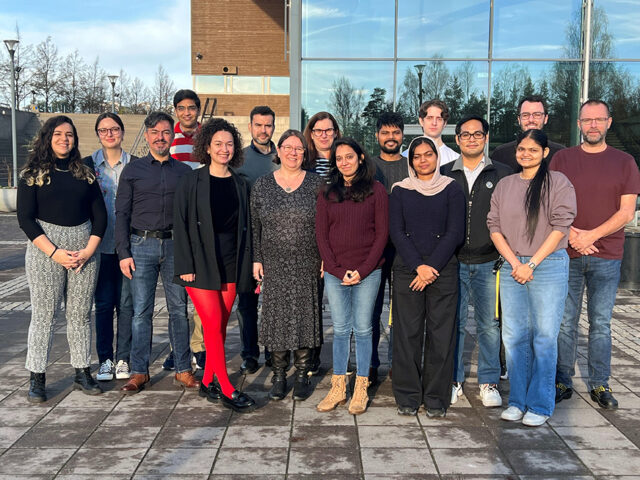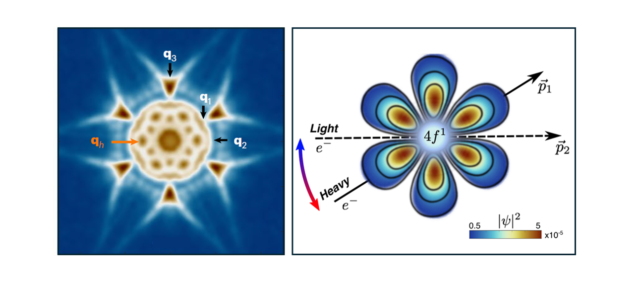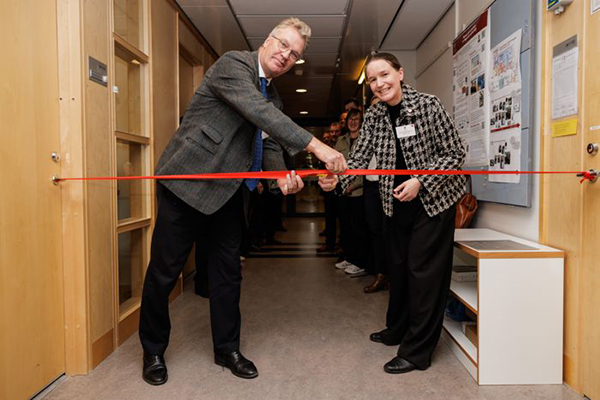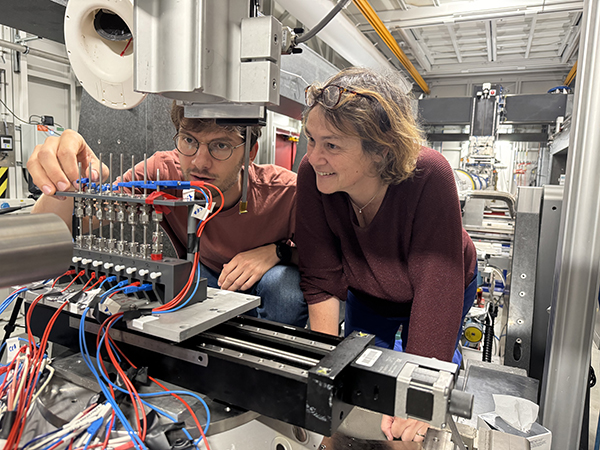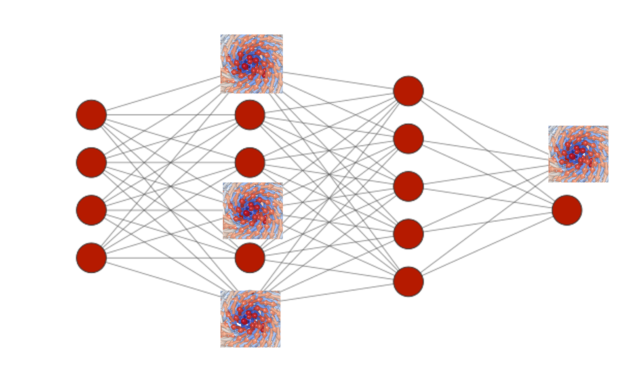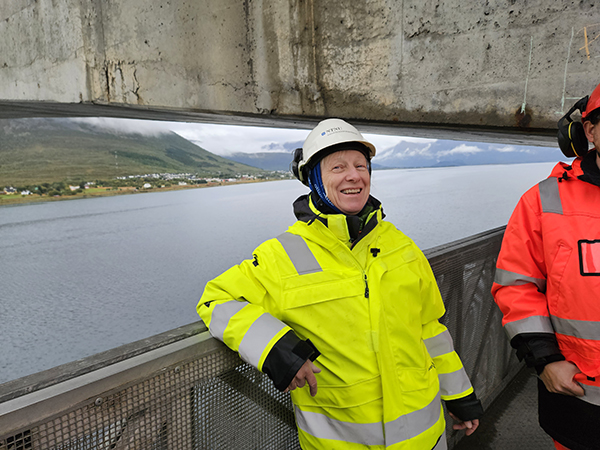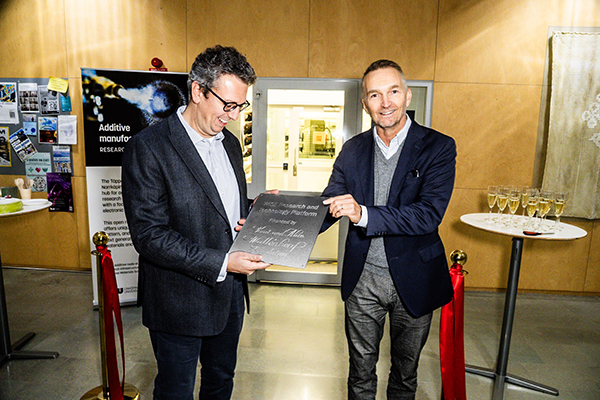A roadmap on molecular modeling of materials for key energy applications
Sustainable advancement of our society is closely tied to how we strategically use materials. Whether it is constructing infrastructure, or developing cutting-edge energy technologies, the decision to use readily available off-the-shelf materials versus creating new material systems that provide clear sustainability features and that can make it back to economy is crucial. Companies are now choosing the latter strategy and materials science is thus needed to support and speed up the transformation to sustainability.
Fortunately, computational modelling of materials from the atomic level to macroscopic structures has matured significantly in recent decades, allowing for a substantial reduction in development timelines. This advancement facilitates rapid, large-scale screening of materials, thereby speeding up the discovery and development of new materials for society and industry.
In the recent publication “2023 Roadmap on molecular modelling of electrochemical energy materials”, published in the Journal of Physics: Energy, guest editors Chao Zhang and Jun Cheng have compiled a strategic roadmap. This roadmap, a collaborative effort involving 20 research groups across 11 countries, serves as a gateway providing both experts and beginners with a quick overview of the status and associated challenges in molecular modelling of energy materials. The roadmap focuses on materials specifically designed for applications in batteries, supercapacitors, CO2 reduction reactions, and fuel cells.
-Molecular modelling has already become a crucial part of the toolbox for materials scientists. This roadmap article on molecular modelling of energy materials for electrochemical energy storage and conversion point to new directions. Machine learning will play an increasingly important role in the modelling community. However, we shouldn’t forget the job of theoreticians is also to represent the subject in its greatest simplicity. Numbers and insights are both important, explains WISE researcher Chao Zhang.
The roadmap article can be found at
https://iopscience.iop.org/article/10.1088/2515-7655/acfe9b
Bio
Chao Zhang is an Associate Professor at the Department of Chemistry at Ångström Laboratory at Uppsala University, and he is also a WISE researcher. His WISE project is about proton reactivity and intercalation in layered metal oxide materials that show pseudocapactive behavior. In this project, he and his colleagues leverage machine learning and molecular modeling techniques recently developed within their group.
To read more about Zhang’s WISE project visit: https://wise-materials.org/project/solvated-metal-oxides-for-energy-storage-proton-dynamics-in-confinement/
